Get a more in-depth look at the people behind the white coats.
Through personal interviews, WashU Medicine physicians share thoughts about why they chose their specialty, what they find most gratifying about their work, new developments in their fields, and much more.
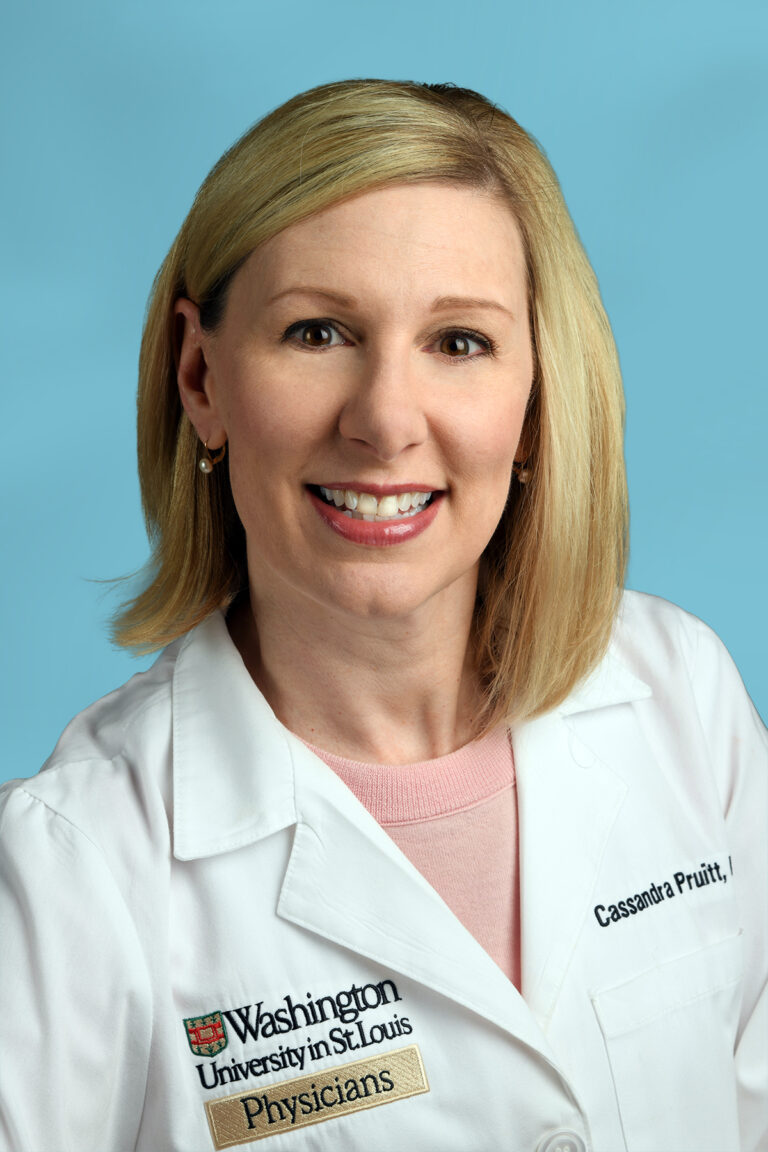
Cassandra Pruitt, MD
Pediatrics
“Our outpatient primary care practice has given me the ability to impact the lives of children with medical complexity — and their parents — in so many ways. As a pediatrician, it’s the most rewarding thing I have done.”
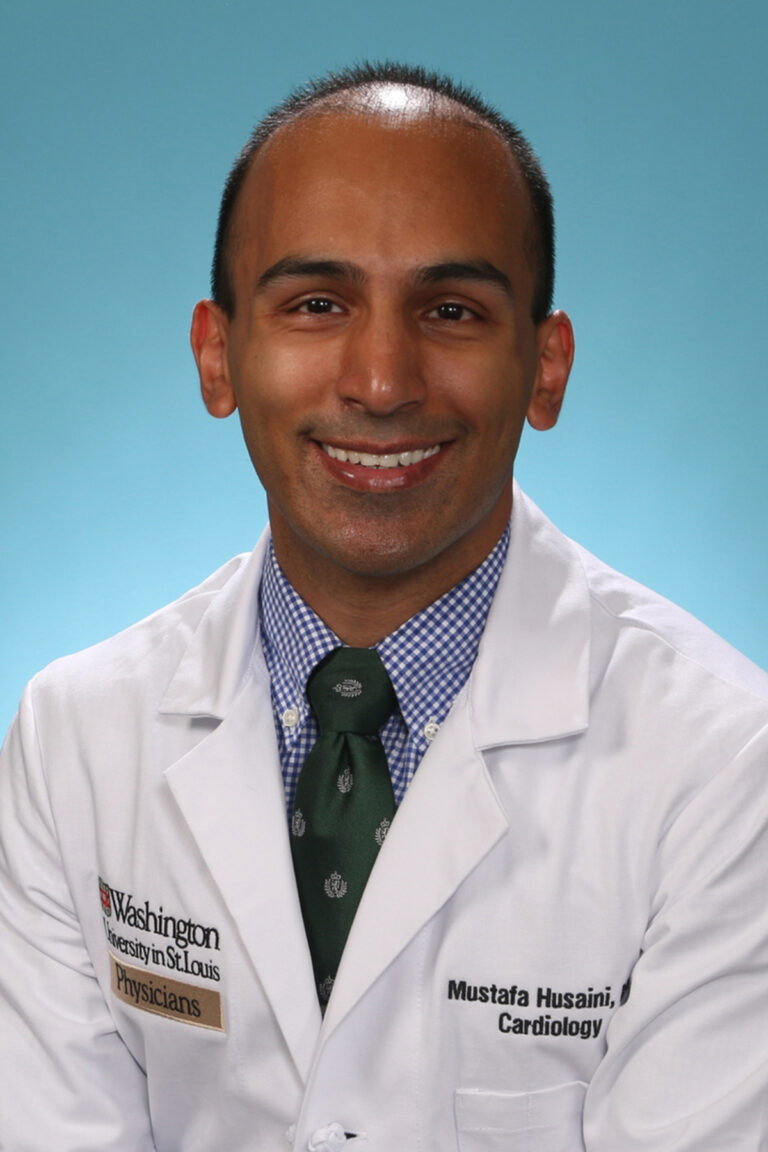
Mustafa Husaini, MD
Cardiology
As a sports cardiologist, my goal is to help people stay safe when they are active, exercising and enjoying life. People have different levels of activity, but all have cardiovascular needs and risks to be discussed.
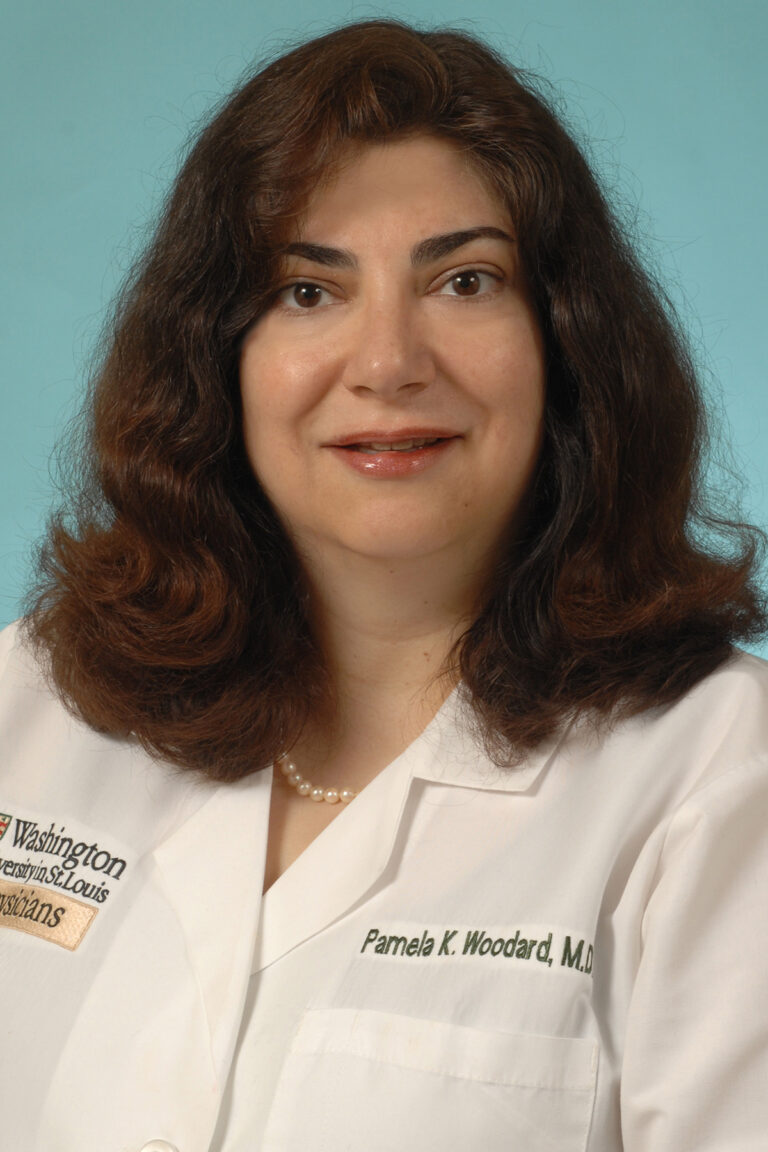
Pamela Woodard, MD
Radiology
“Our team sees some of the most challenging cardiac imaging cases. It’s very rewarding to help a patient with a correct diagnosis.”
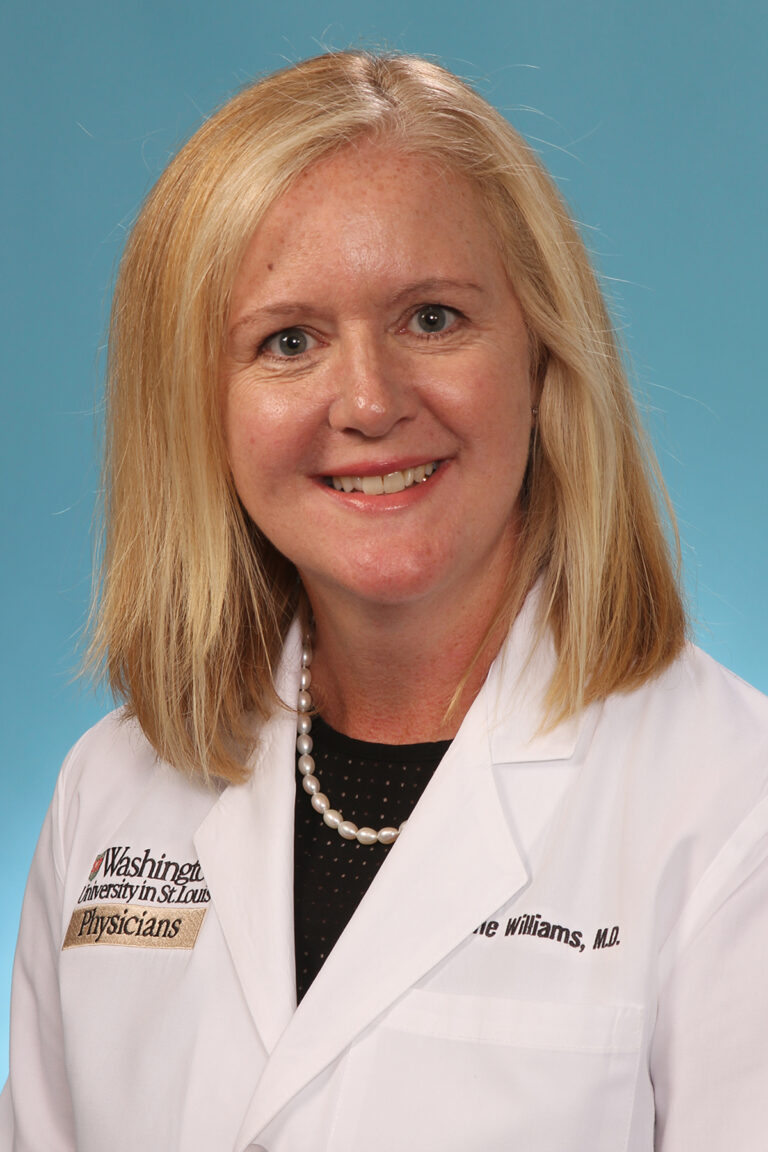
Kristine Williams, MD, MPH
Pediatric Primary Care
“I enjoy the well-child checks and well-baby checks and seeing the progression as my patients grow.”
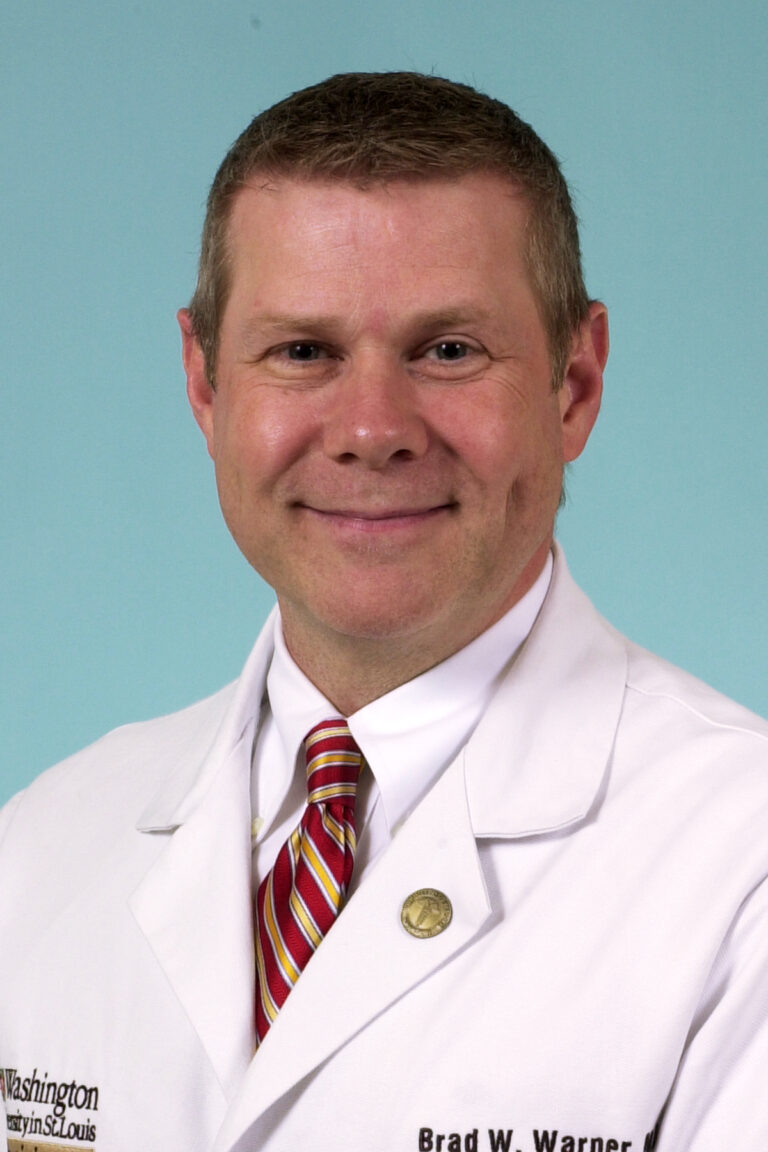
Brad Warner, MD
Pediatric Surgery
“Whether in academics, private practice, research or administrative duties – I never let my patients down and always do the very best for them.”
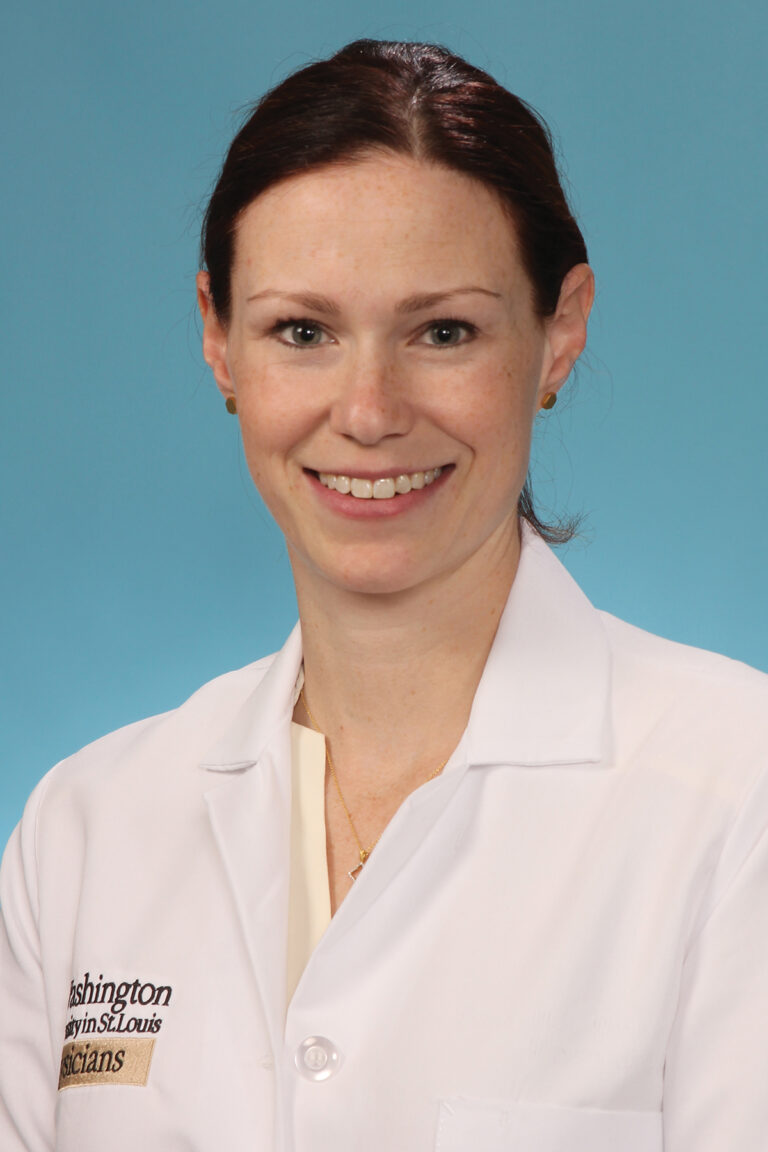
Jennifer Strahle, MD
Pediatric Neurosurgery
“Pediatric neurosurgery gives me the opportunity to have a lasting impact on children for years to come.”
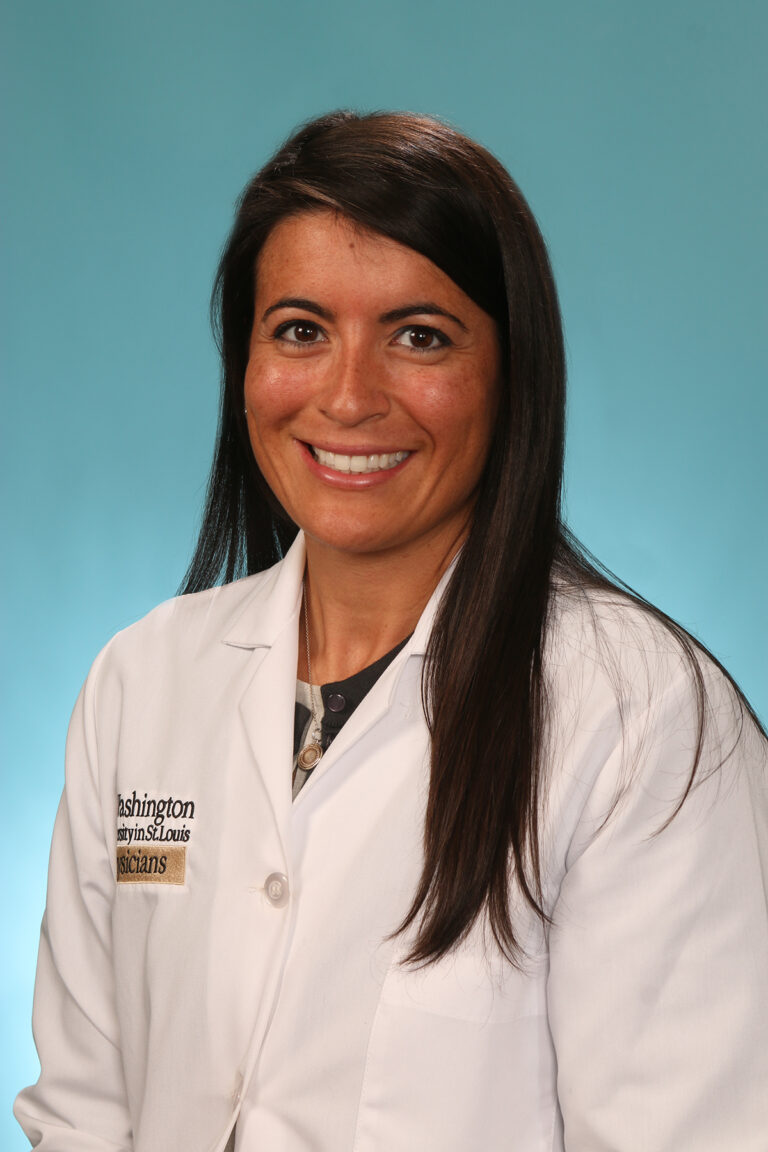
Emily Spataro, MD
Otolaryngology
“I want my patients to know I am always accessible and want to provide the best care for them as an individual.”
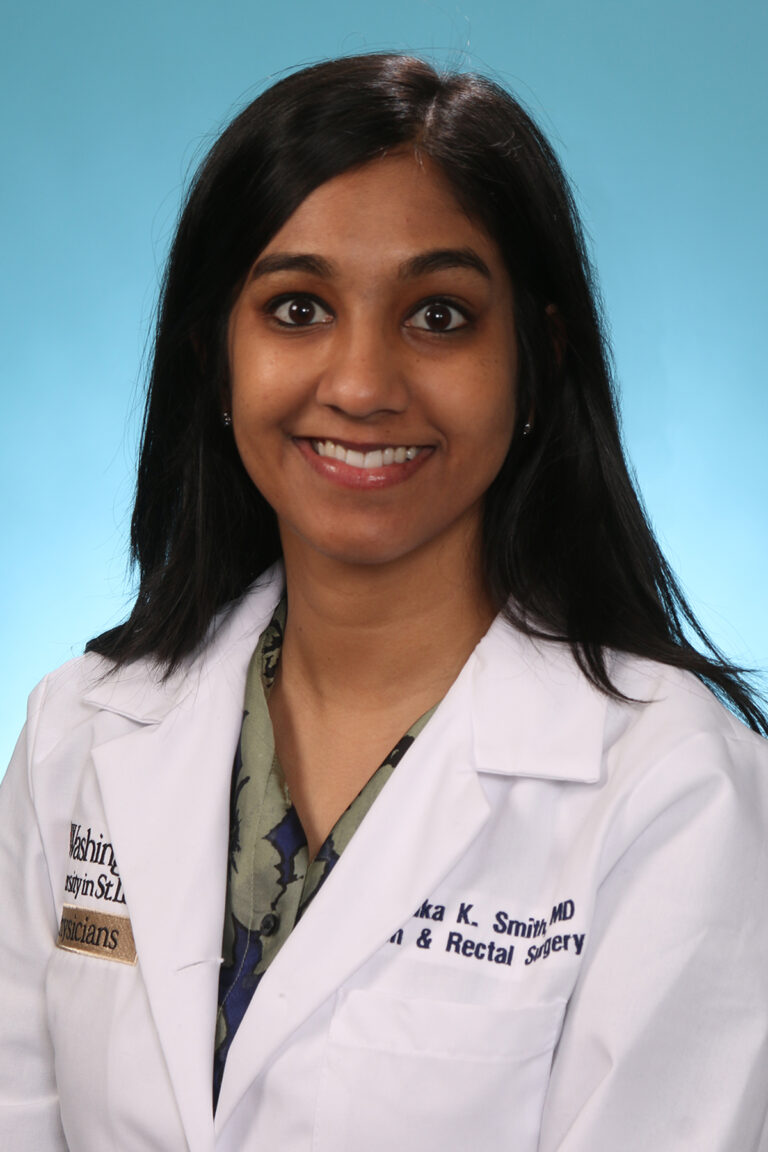
Radhika Smith, MD
Colorectal Surgery
“Being able to treat these patients and knowing it is possible to give them peace of mind and help improve their quality of life — is what made me fall in love with the field.”
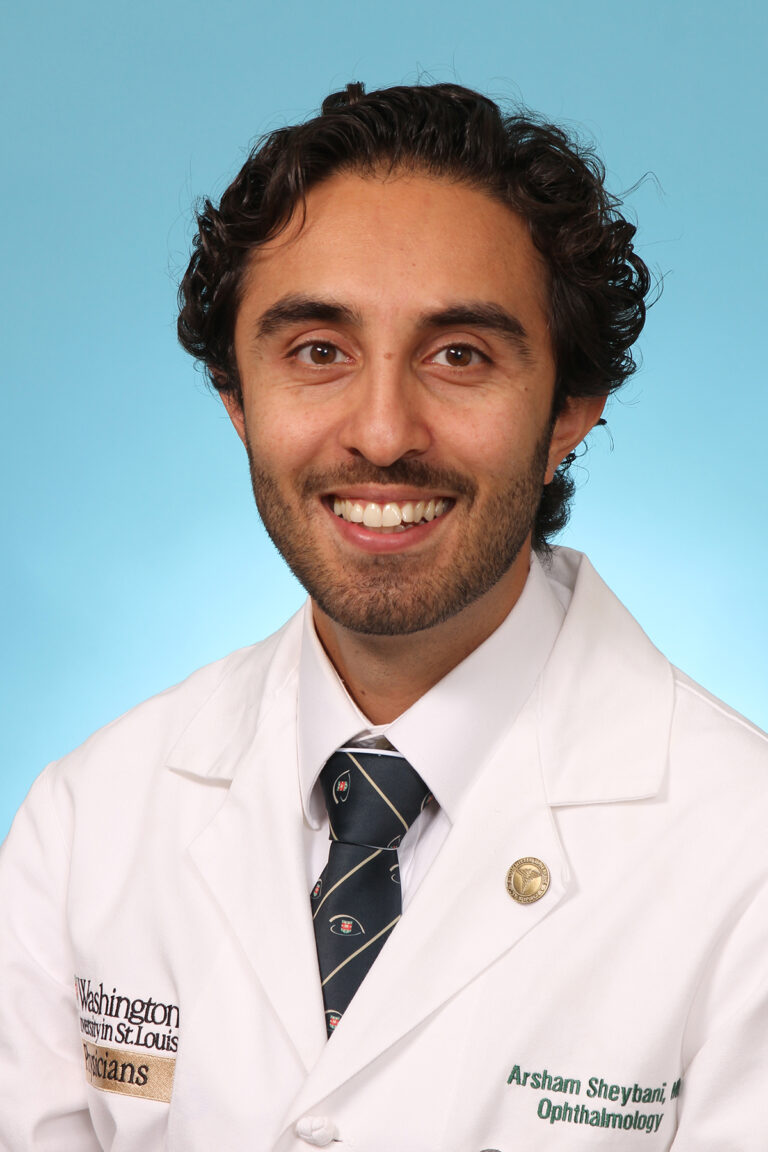
Arsham Sheybani, MD
Ophthalmology & Visual Sciences
“My main goal is to take the burden of the disease away from my patients.”
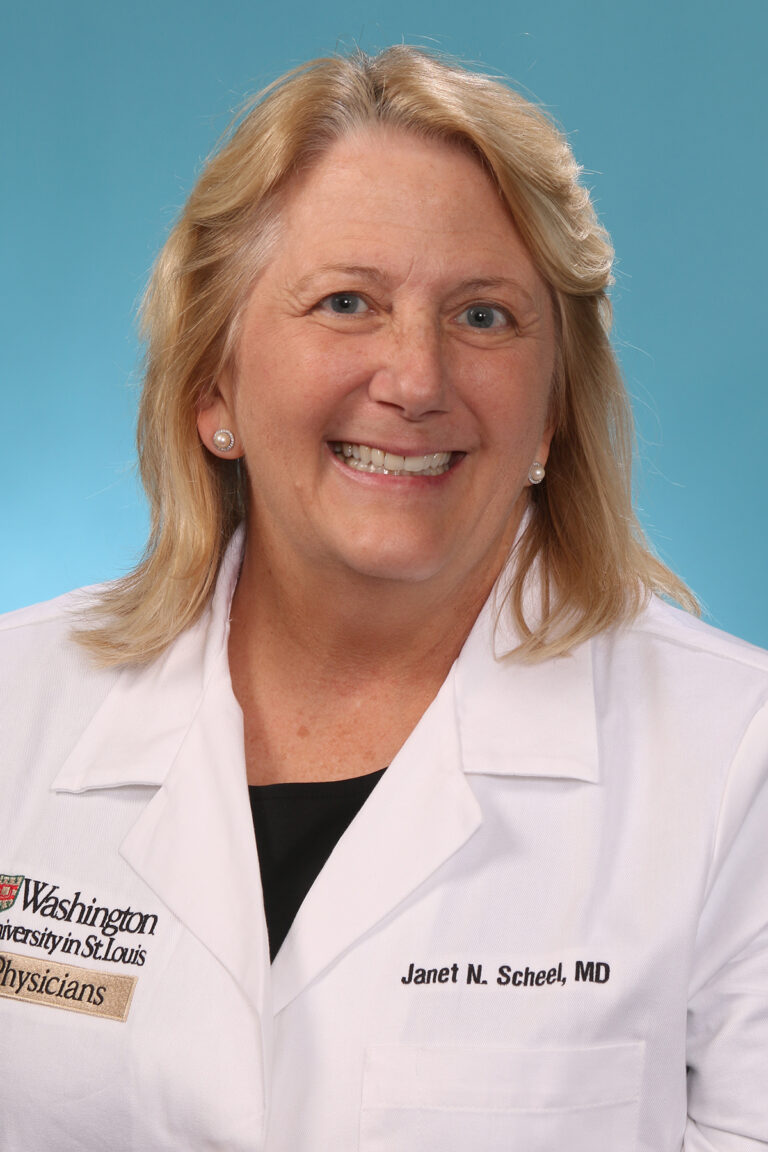
Janet Scheel, MD
Pediatric Cardiology
“The best part of my job is that I get to see my young patients as they grow up, go to college and live their lives. That is pretty cool.”
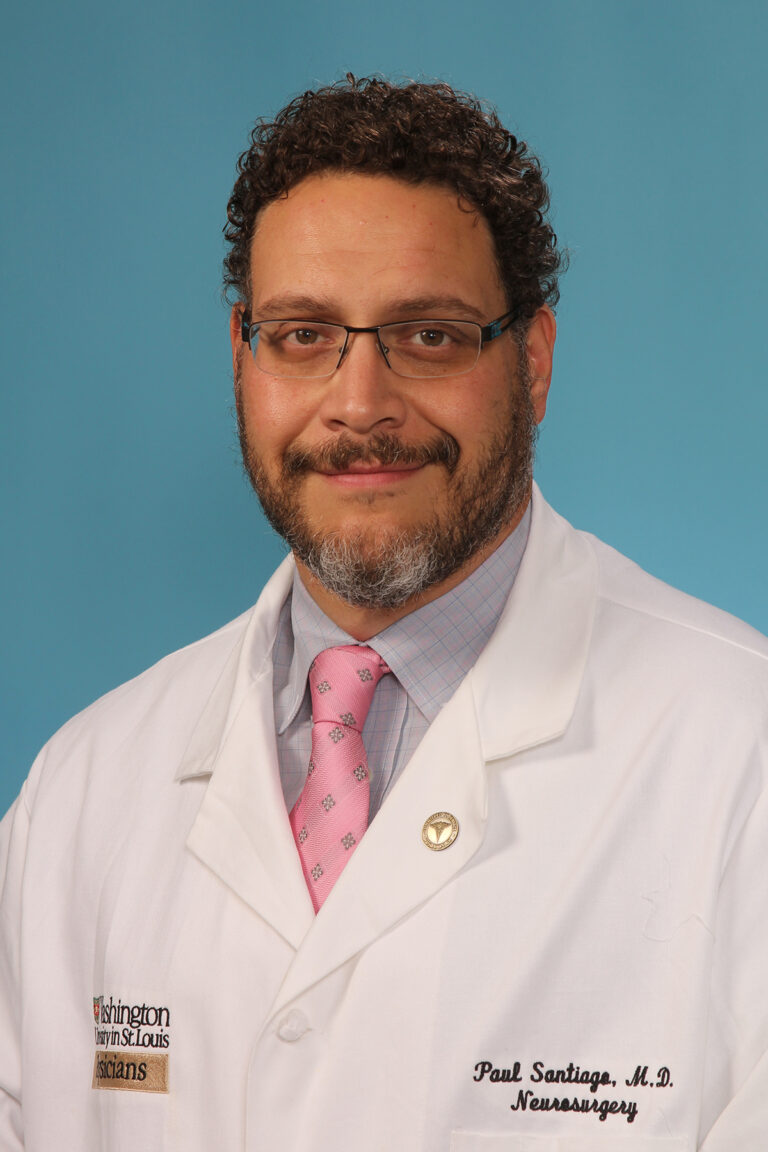
Paul Santiago, MD
Neurosurgery
“When a patient comes to see me, he or she doesn’t just get my opinion, but also the opinions of many other specialists as we plan the course of action for my patients.”
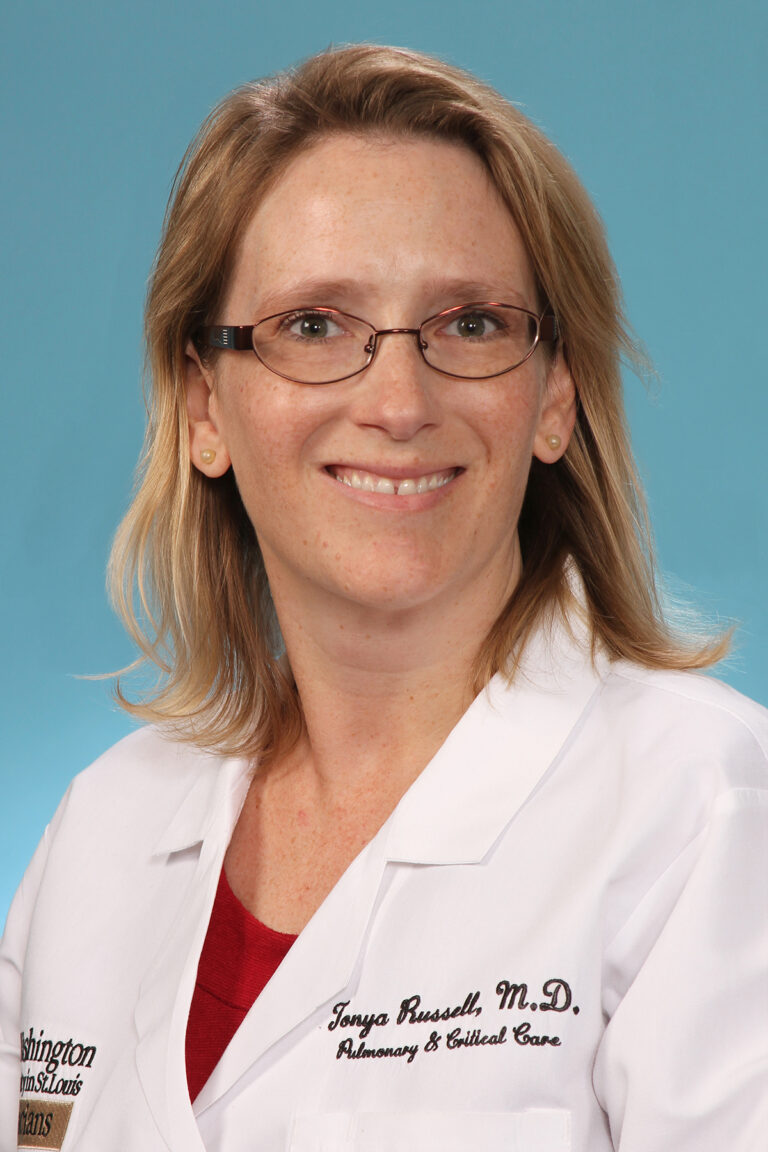
Tonya Russell, MD
Pulmonary & Critical Care Medicine
“In order to offer advice to patients, we have to keep an open mind to realize that everybody’s circumstances, backgrounds and challenges are different.”
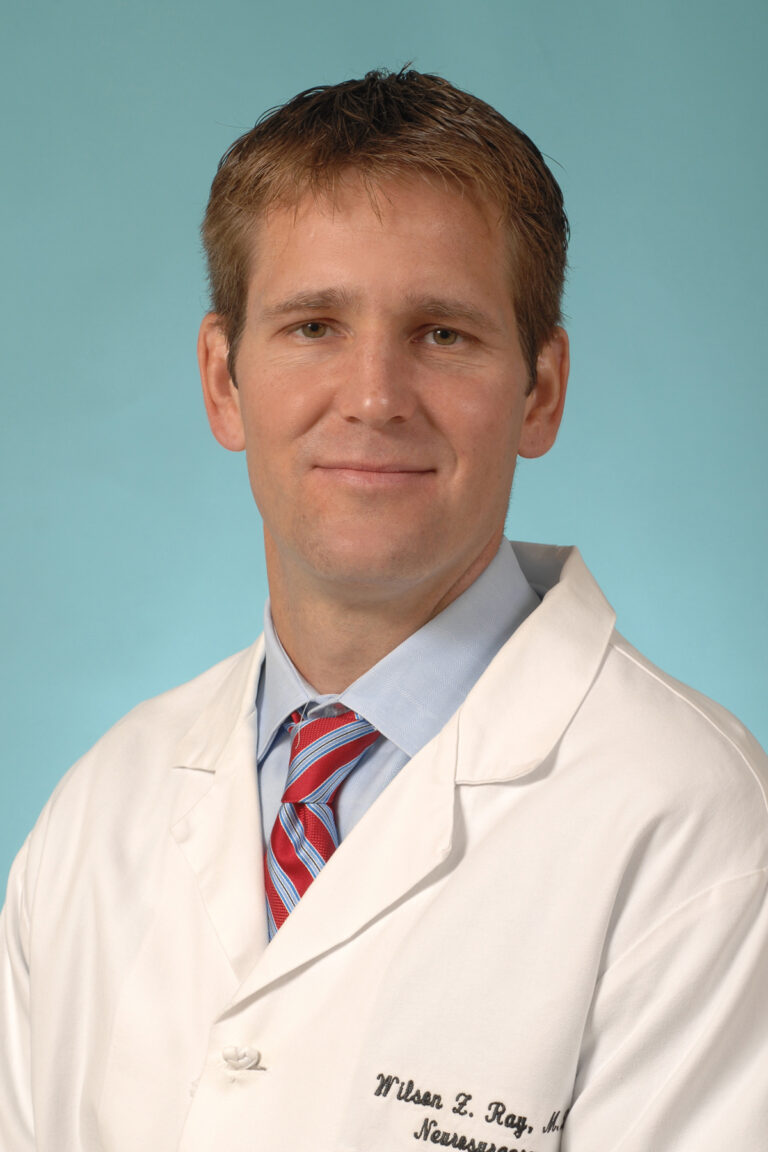
Wilson Zachary Ray, MD
Neurosurgery
“I really can’t imagine doing anything else. As long as I can remember, even in grade school, I wanted to be a doctor.”
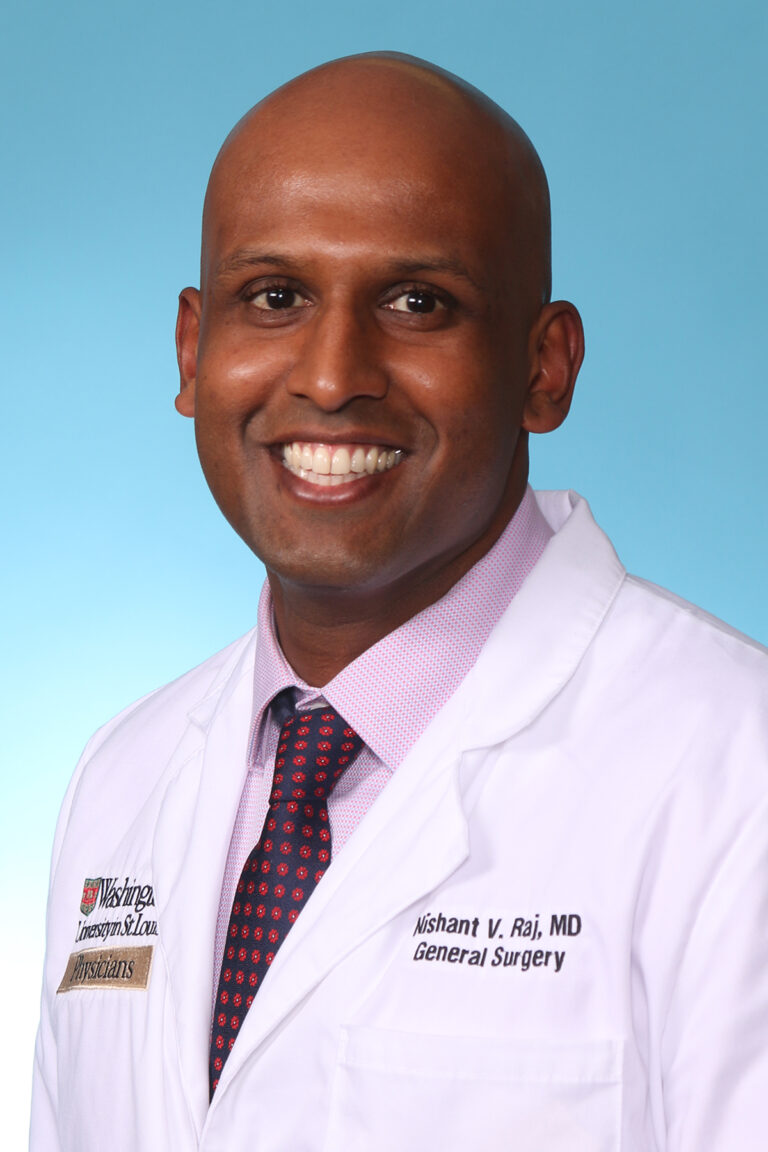
Nishant Raj, MD
Minimally Invasive Surgery
“Minimally invasive surgery has tremendous benefits. There is less pain and usually a shorter recovery period. It is the future of surgery.”
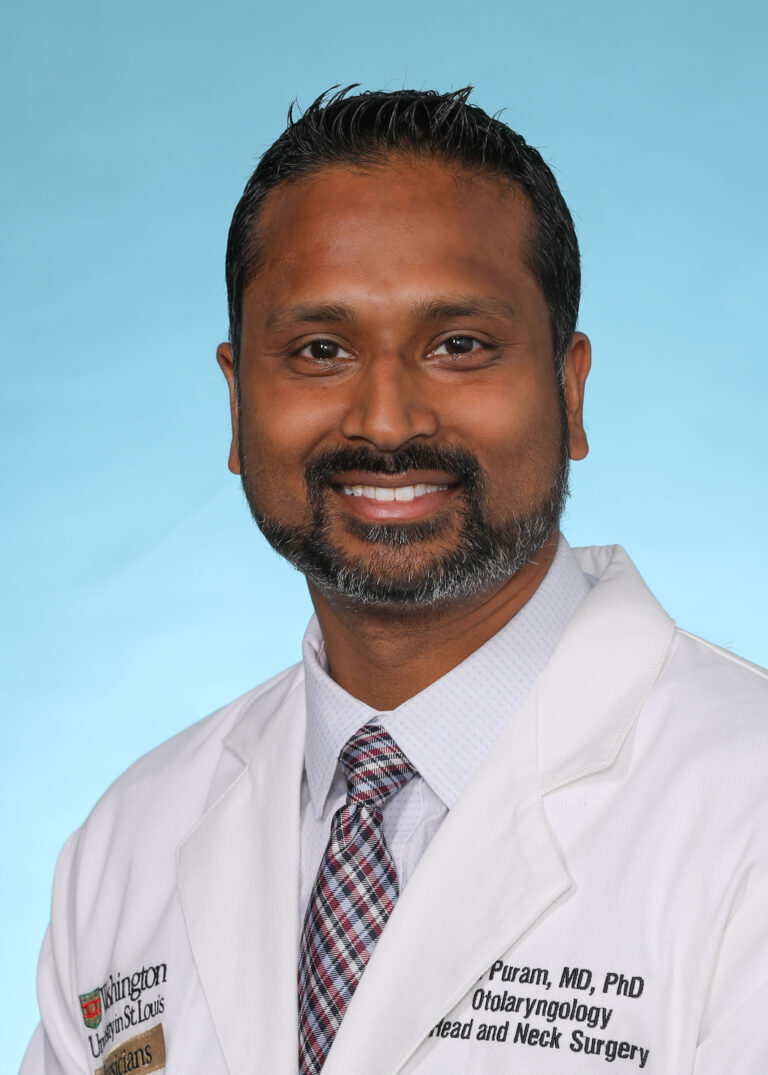
Sidharth Puram, MD, PhD
Otolaryngology
“After surgery, when my patients are cancer-free and having a good quality of life – that is something from which I derive a tremendous amount of joy.”
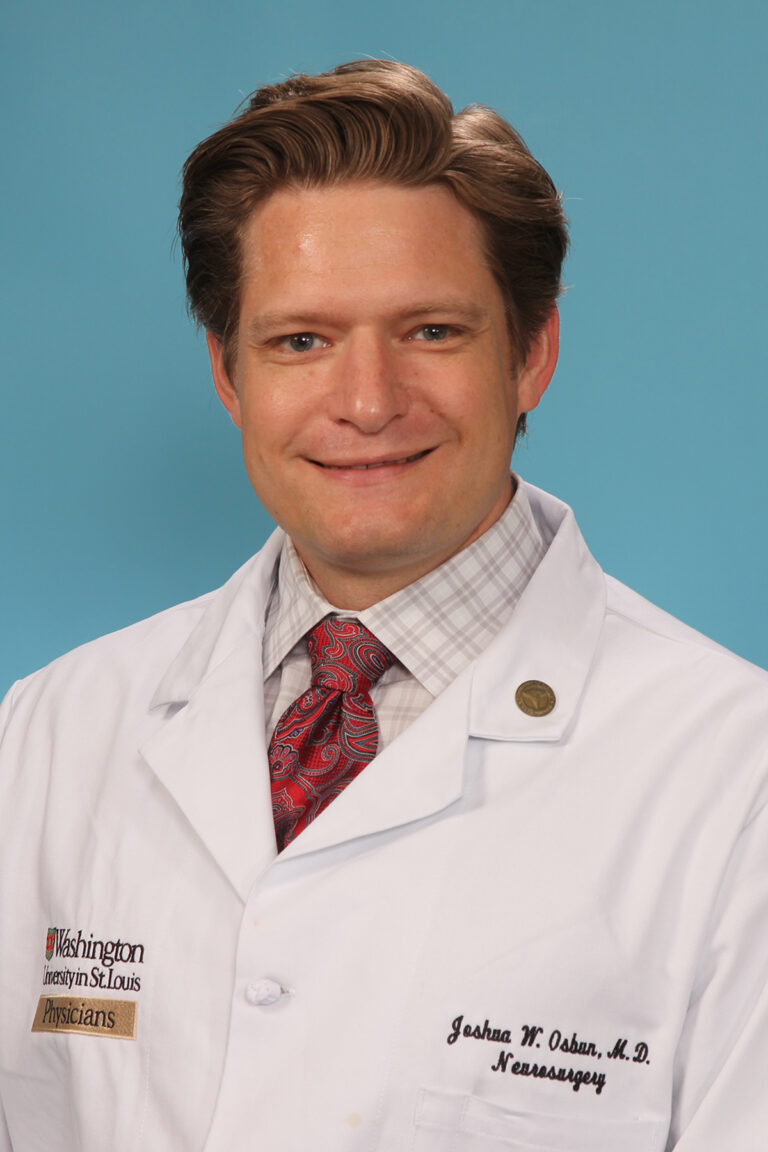
Joshua Osbun, MD
Neurosurgery
“From the time I was 10 years old I wanted to be a neurosurgeon and never really veered from that path.”
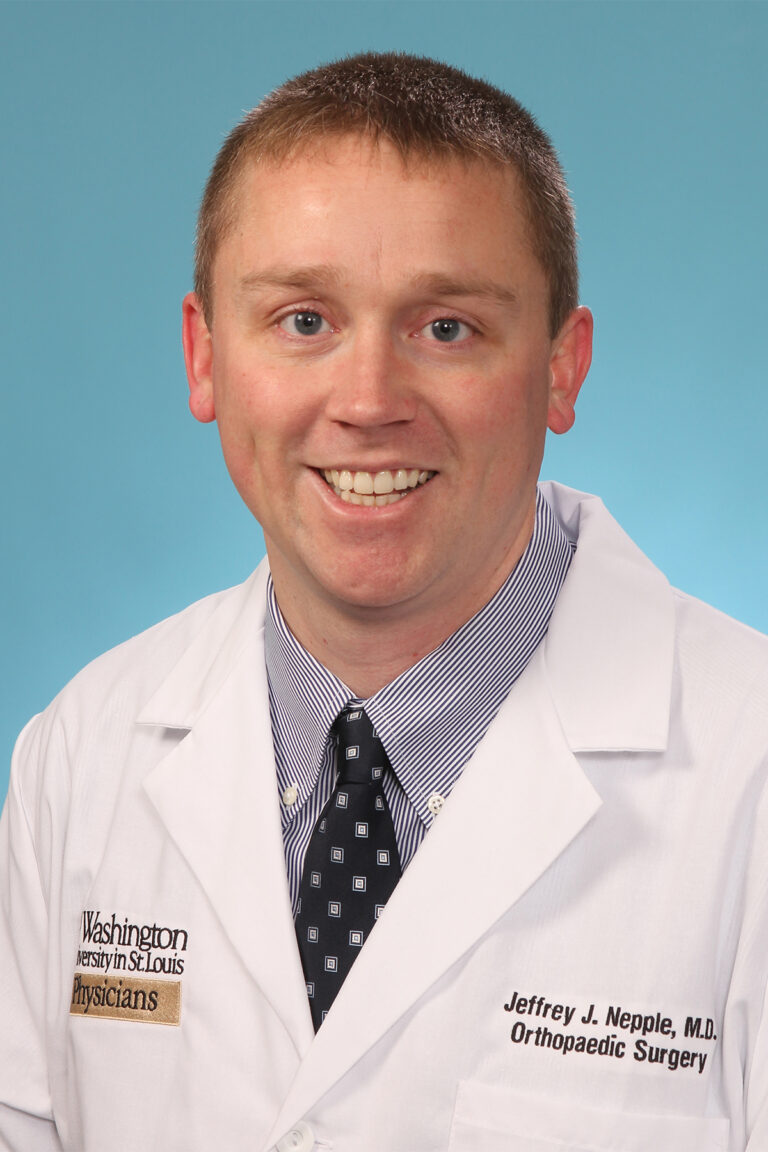
Jeffrey Nepple, MD
Orthopedic Surgery
“At the end of the day, being able to look yourself in the mirror and know you did your best to help your patients — that is how I try to evaluate myself.”
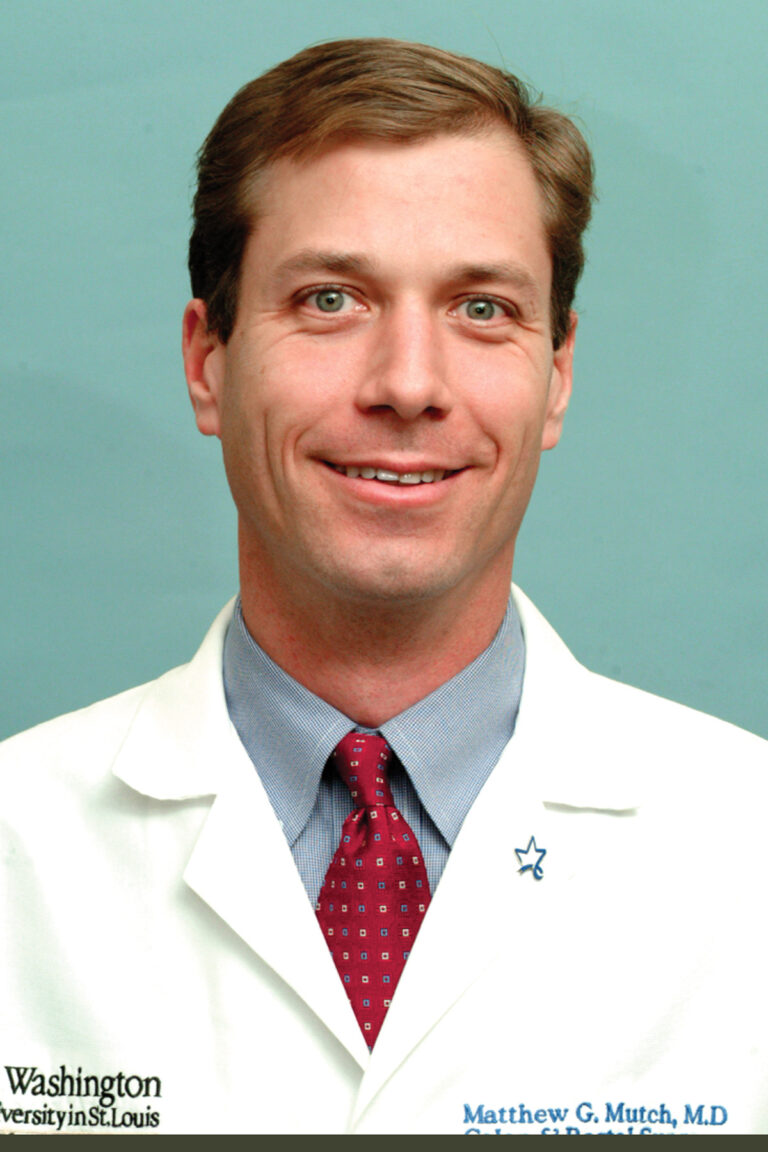
Matthew G. Mutch, MD
Colon & Rectal Surgery
“We are learning there are very simple nuances to determine which patient needs which treatment in order to individualize patient care.”
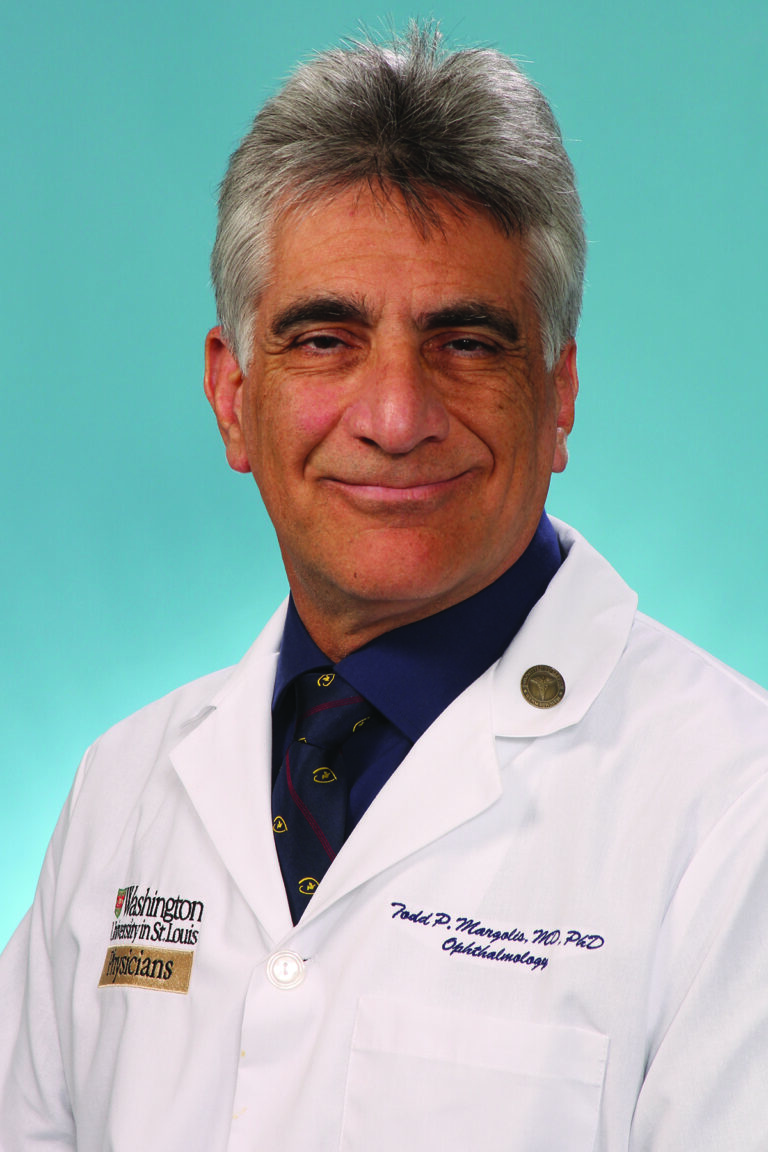
Todd Margolis, MD, PhD
Ophthalmology & Visual Sciences
“It is gratifying when the patient says, thank you, I feel better, I see better. That is much more important to me than any awards.”
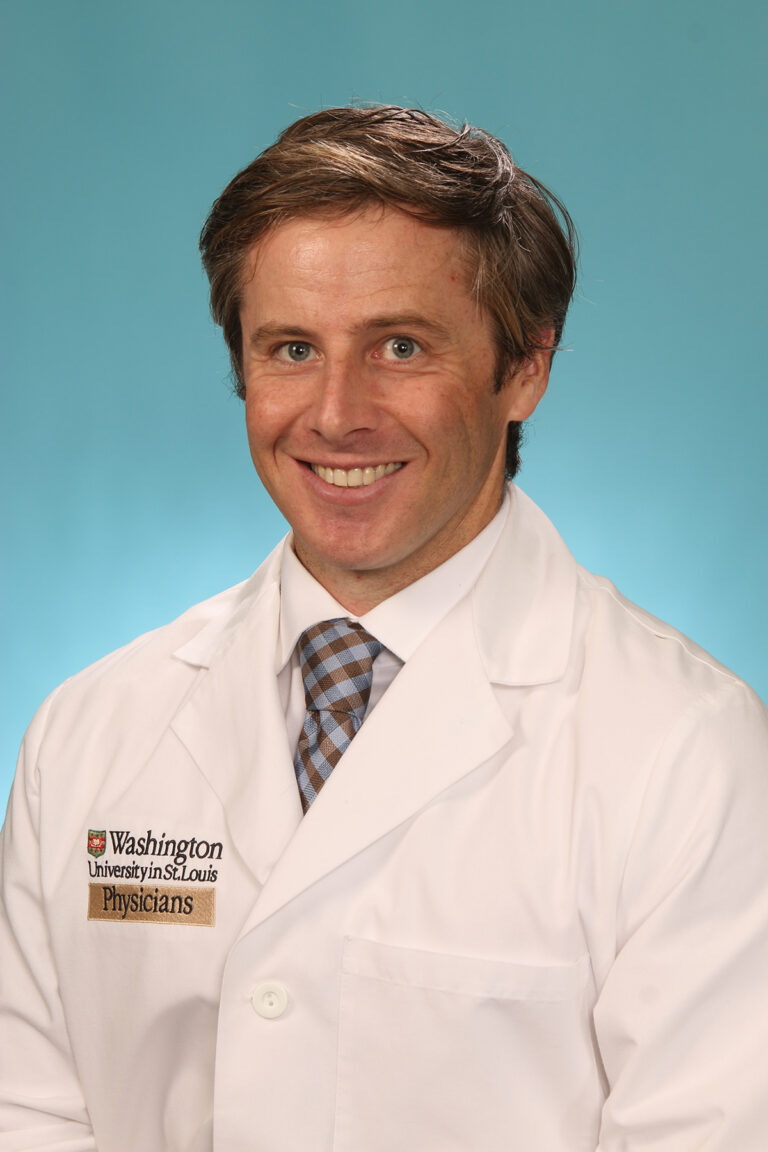
Chris Malone, MD
Interventional Radiology
“I work with dermatologists, hematologists, geneticists, head and neck surgeons, and plastic surgeons. We come up with the best treatment plan for our patient.”
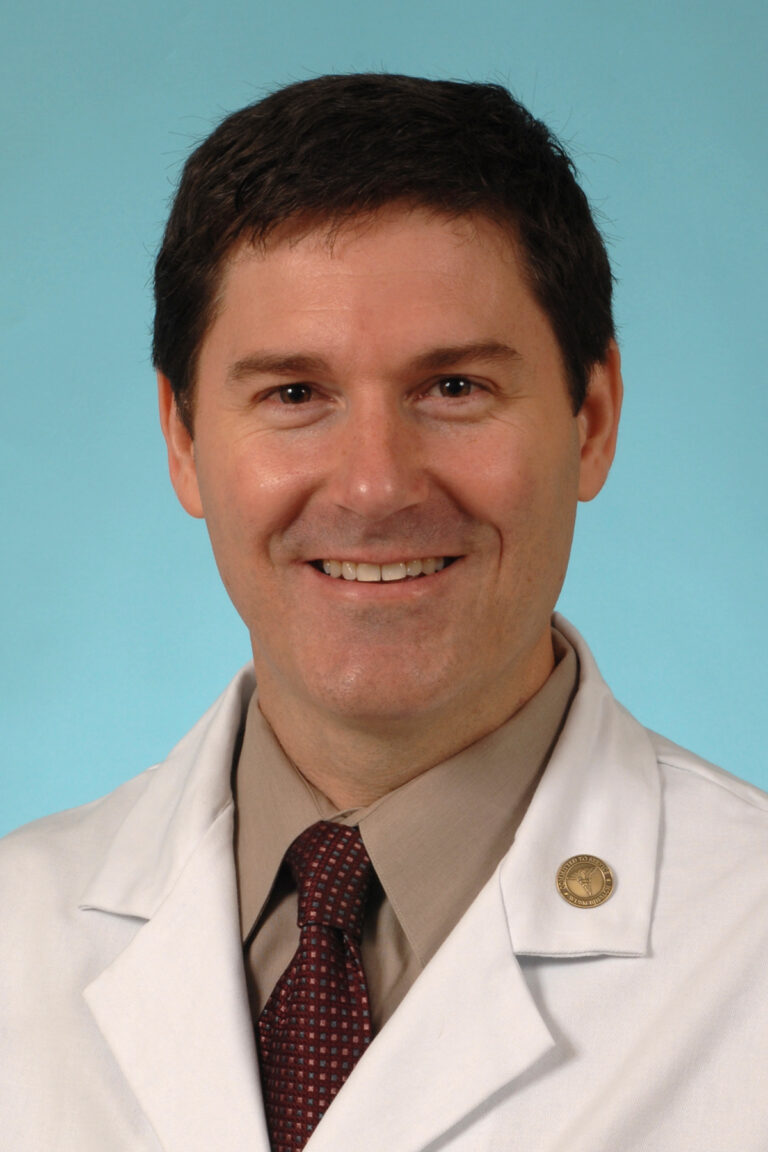
David Limbrick, MD, PhD
Pediatric Neurosurgery
“Neurosurgery is one of the fields where we can rapidly apply innovative technologies to clinical care.”